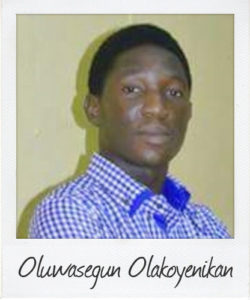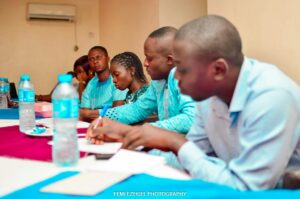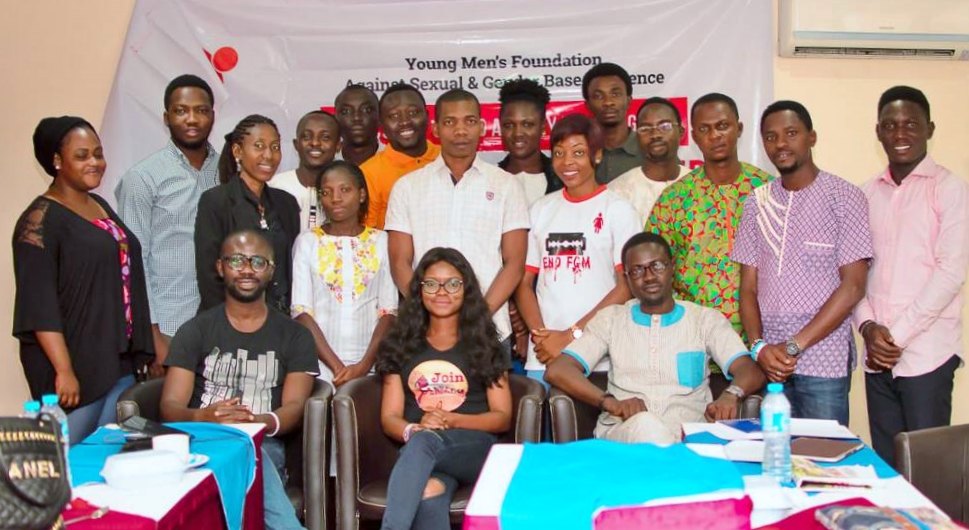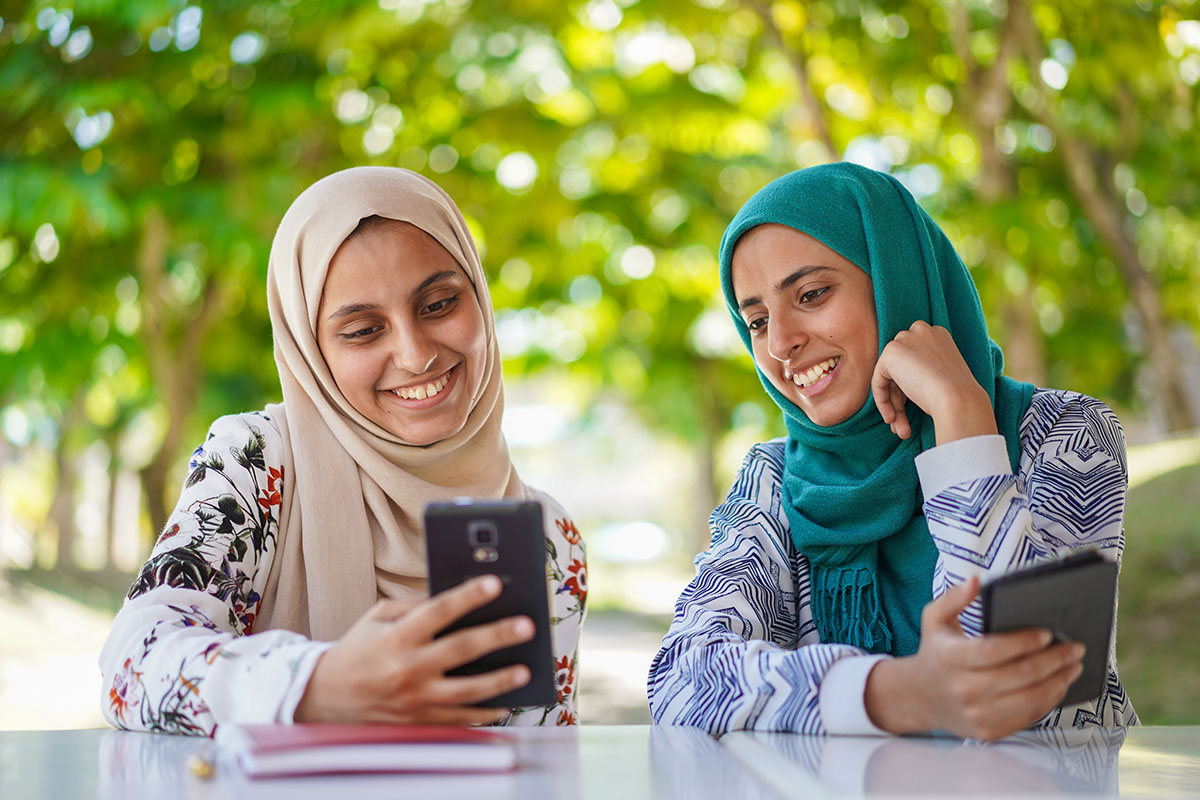“Workshop engages social media users”
July 13 The campaign against FGM is reaching out to a wider audience, writes Oluwasegun Olakoyenikan, 23, a Commonwealth Correspondent from Benin City, Nigeria, who describes advocacy training for a network of social media users in southern Nigeria.
The campaign against FGM is reaching out to a wider audience, writes Oluwasegun Olakoyenikan, 23, a Commonwealth Correspondent from Benin City, Nigeria, who describes advocacy training for a network of social media users in southern Nigeria.
Due to the increasing number of social media users in Nigeria and the need to reach out to them, the two days of training in June was designed to improve the capacity of influential social media users by equipping them with requisite information and skills to support the fight against female genital mutilation (FGM).
According to data by the United Nations Population Fund (UNFPA), the Southern region of Nigeria recorded higher prevalence rates than the Northern states, with southern states reporting 44 per cent to as many as 76 per cent of women affected by FGM. These statistics prompted several groups and organizations to embark on awareness-creating programmes to inform people about the danger the practice poses to our society.
In his presentation, Mr. Sola Fagorusi stated that social media is a contemporary platform for creating awareness and reports around the harmful effects of FGM, and noted it has yielded significant results in tracking victims and changing people’s perception. Yet he noted that FGM thrives because people hold on to their cultural beliefs, thinking that cultures don’t change.
“Culture is not static but dynamic, it changes from time to time, so we can change the culture,” he said.
He took time to highlight some of the harmful effects of the act, noting that FGM is not circumcision but mutilation of the female genitals without any health benefit.
“FGM could cause Vesico Vaginal Fistula (VVF) or Recto Vaginal Fistula (RVF), urinary tract infections which can result into infertility, pains, and some mental and psychological problems,” he said.
Ayodeji Osowobi, Executive Director of Stand to End Rape, described the act as a form of violence against the female child, positing that it is prevalent because the people are not privy to the laws that prohibit such practice.
She said that the Violence Against Persons (Prohibition) Act (VAPP) passed into law in May 2015 is the only national law that allows prosecution of FGM offenders. However, the law is only being implemented in the Federal Capital Territory, Abuja, and the act may not be a criminal offence by law until it is considered and adopted by states’ Houses of Assembly.
 She noted that the Child Rights Act could be used to prosecute, as FGM remains a violation of the child’s rights and is a form of violence. Ayodeji charged participants to use their platforms as avenues to engage and reach out to their audience, using what they have learnt in the workshop.
She noted that the Child Rights Act could be used to prosecute, as FGM remains a violation of the child’s rights and is a form of violence. Ayodeji charged participants to use their platforms as avenues to engage and reach out to their audience, using what they have learnt in the workshop.
One of the participants, Yinka Ojo, expressed delight in being part of the advocacy project and suggested using local songs and rhymes to pass the awareness message of FGM to people at the grassroots.
“We could talk to artists to compose songs in local languages around FGM, before you know it, everyone will start singing and the message will spread. I used to question the End FGM campaign, right now, because of this training I’m an advocate to End FGM in Nigeria and I’m carrying the message to my community,” Yinka said.
A participant from Ondo state, Bolaji Daramola, said he used to think FGM could not be eradicated.
“Before now, I thought we cannot end FGM in our society, but now I believe if Mary Slessor could stop the killing of twins in Nigeria when there was no social media, we could end this if we collectively come together,” he said.
The participants were shown movies which showcased the trauma FGM victims could experience, legal provisions, social media strategies and how to effectively create discussions around this issue.
Rotimi Olawale, the National Coordinator of the Network and Co-founder of YouthHub Africa, presented each participant with a Certificate of Participation and a group photograph followed to mark the end of the training.
Reach me on Twitter: @SegunAndrews.
photo credit: Femi Ezekiel Photography
…………………………………………………………………………………………………………………
About me: I am a citizen journalist trained by the International Centre for Journalists (ICFJ) to report vital health, environment and poverty related issues in the Niger Delta region of Nigeria.
I stepped up in my journalism career with training by the Bloomberg Media Initiative Africa (BMIA) to become a financial, economic and business journalist.
I report economic data, trading sessions from Nigeria Stocks Market and other key financial institutions.
I am a passionate young man who has determined to keep telling the stories behind public data.
…………………………………………………………………………………………………………………
Opinions expressed in this article are those of the author and do not necessarily represent the views of the Commonwealth Youth Programme. Articles are published in a spirit of dialogue, respect and understanding. If you disagree, why not submit a response?
To learn more about becoming a Commonwealth Correspondent please visit: http://www.yourcommonwealth.org/submit-articles/
…………………………………………………………………………………………………………………
Photos to come?






